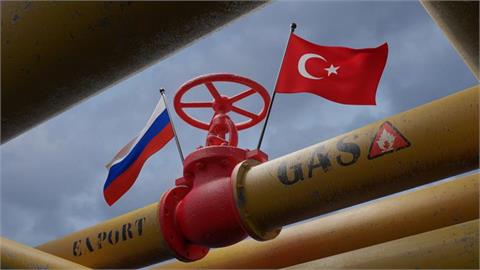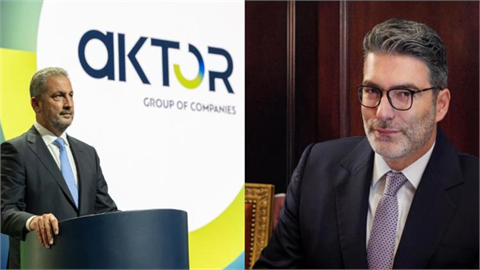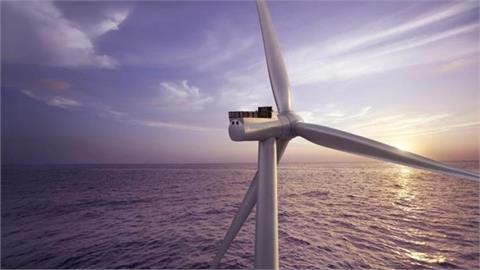US Ambassador to Greece Geoffrey Pyatt during the Athens Energy Dialogues forum has stated that his country will continue to support major infrastructure projects that will help Europe reduce dependence on Russian gas. Statements by the head of the diplomatic mission were published by the embassy’s press service on its website on Wednesday.
The ambassador expressed an opinion that cooperation of the US and Greece should grow stronger, reiterating that "it’s President Biden’s intention to further deepen the U.S.-Greece strategic relationship." "We’ve got several pillars of that around our energy cooperation. We’ve talked many times about how important Greece’s role has become as a driver of energy security and energy diversification in Southeastern Europe. I think it’s very important that even during this year of the pandemic, major infrastructure projects like the TAP pipeline (the Trans Adriatic pipeline - TASS), the IGB pipeline with Bulgaria (the Gas Interconnector Greece - Bulgaria - TASS), the floating regassification unit in Alexandroupoli, the new gas connector between Greece and North Macedonia are all moving forward. And these are redrawing the energy map of Europe and helping to reduce dependence on Russian gas, so those are all measures that we will continue to support," he said.
He emphasized that additionally, the US has rejoined the Paris Accords on climate. "And we see fantastic prospects for deeper cooperation between Greece and the United States in the area of renewables. This is something I’ve already discussed with Minister [of the Environment and Energy Kostas] Skrekas," he added. The ambassador mentioned "the critical importance that the Biden Administration places on the way in which the United States and Europe work together to advance our shared climate goals, adding that he was "very excited about what we can do in that area."
The diplomat stated that he is very proud of the fact that the US has
become the largest importer of liquefied natural gas (LNG) to Greece.
"These new infrastructures that I talked about like the TAP pipeline,
like the FSRU (the floating storage regasification unit - TASS), are
important because they build energy resilience, energy diversification.
This is also a really important part of Greece’s energy transition. We
strongly support Prime Minister Mitsotakis’s ambitious goal of
eliminating lignite power by 2028. The only way you get there is by
using gas as a bridge fuel, and we welcome the fact that much of that
gas is not going to be pipeline gas from Russia now, but LNG from
reliable suppliers around the world. So we see LNG as a critical bridge
fuel," the ambassador said.
He reiterated that White House
Spokesperson Jen Psaki stressed that the U.S. position on Nord Stream 2
has not changed and is very clear. "President Biden has made clear that
Nord Stream 2 is a bad deal. It’s a bad deal because it divides Europe,
it exposes Ukraine and Central Europe to Russian manipulation, and
because it goes against the European Union’s own stated energy and
security goals," the ambassador asserted.
(tass.com, February 18, 2021)



